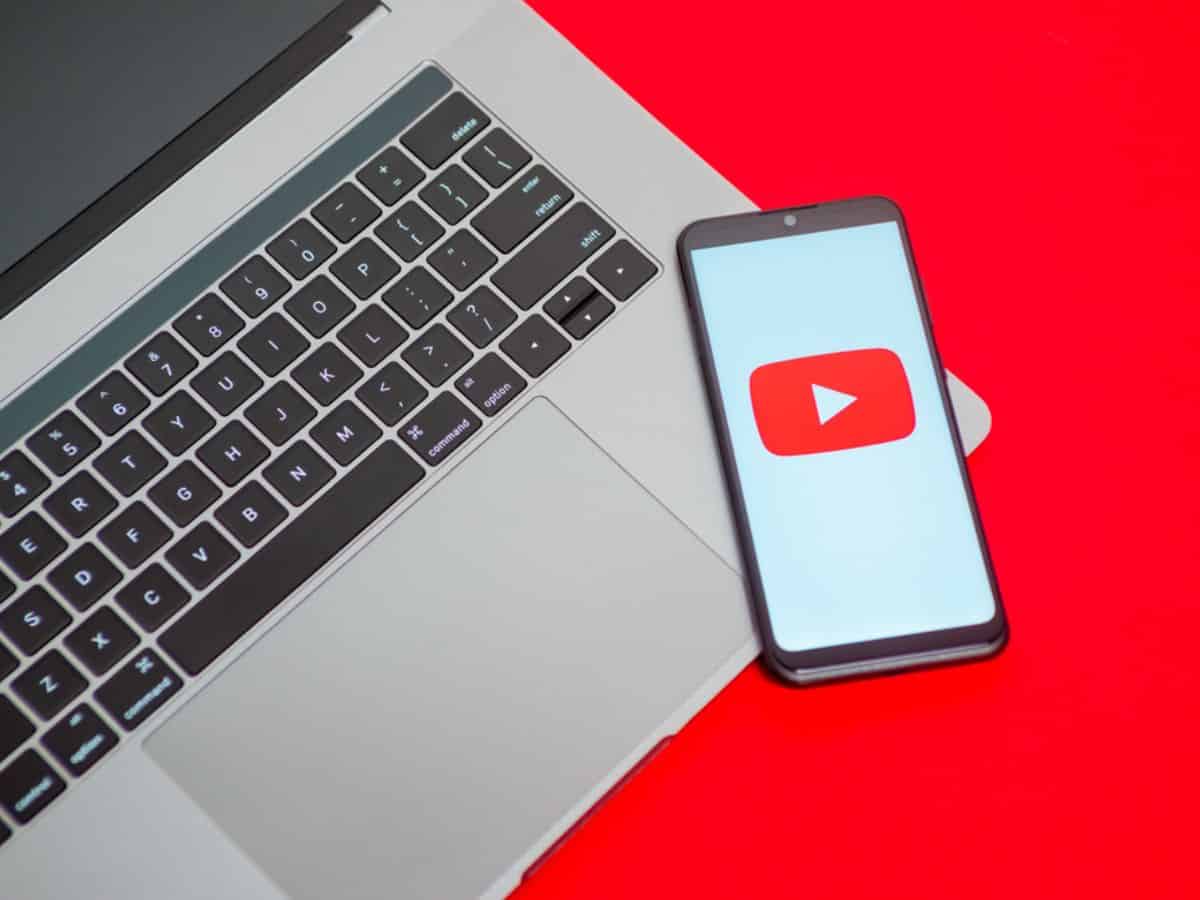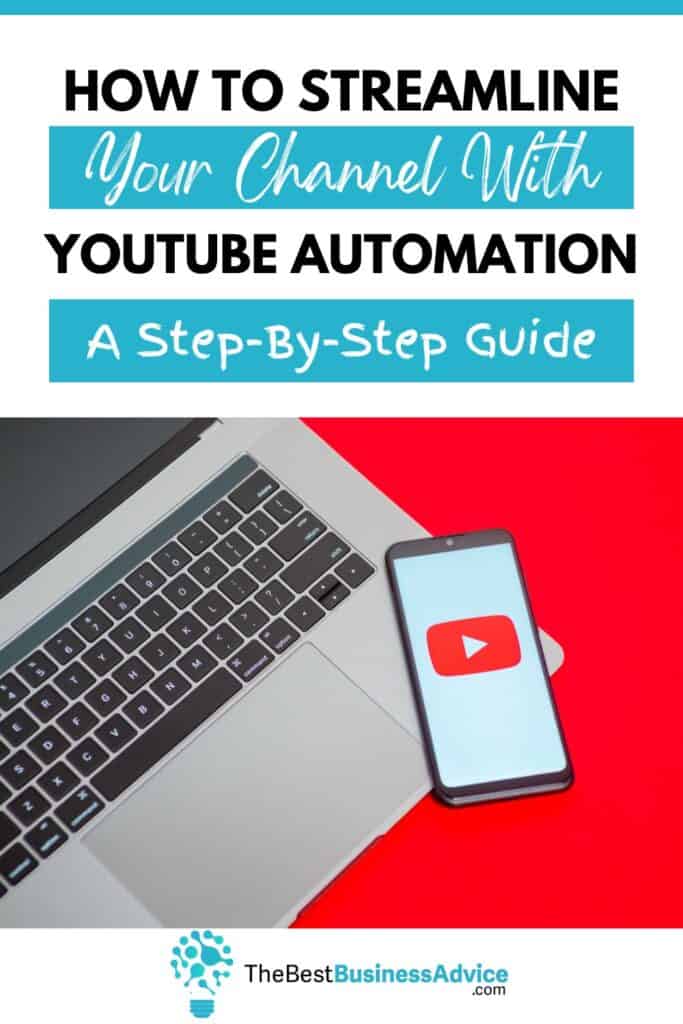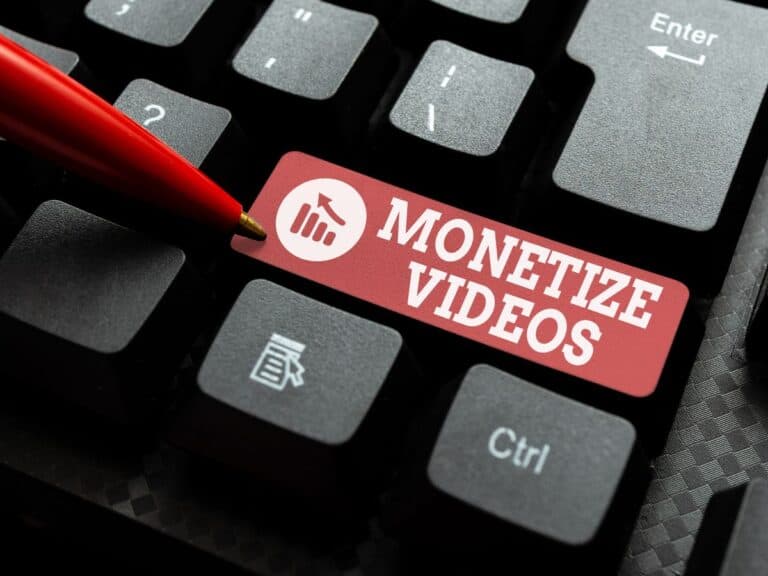How To Streamline Your Channel With YouTube Automation: A Step-By-Step Guide
In our rushed, modern world, streamlining productivity is one of the most vital skills anyone can learn, and the same rule applies to YouTube channels. Anyone who makes YouTube content with any level of serious intent will know that it takes many hours to plan, produce, edit, and publish high-quality videos, leading to burnout and other problems.
Most industries are incorporating ways to automate many of their processes, and YouTube automation can help you do the same with your channel, saving you time and money in the process. It will let you produce and publish high-quality content much faster, which could lead to faster channel growth and higher income from your YouTube presence.
This step-by-step guide will examine ways to streamline your channel through YouTube automation. We will look at what YouTube automation is, how you can analyze your channel, and various ways to automate processes like planning, scheduling, editing, promotion, and audience engagement.
Table of Contents
- Understanding YouTube Automation
- Step 1: Analyzing Your Channel
- Step 2: Content Planning And Scheduling
- Step 3: Video Editing Automation
- Step 4: Thumbnail And Title Optimization
- Step 5: Automated Publishing And Promotion
- Step 6: Engaging With Your Audience
- Step 7: Analytics And Performance Tracking
- Step 8: Optimizing SEO With Automation
- Step 9: Collaborations And Partnerships
- Step 10: Continuous Improvement And Adaptation
- Conclusion
Understanding YouTube Automation
Some of us are already utilizing a form of automation on our channels by outsourcing specific tasks, like video editing or scriptwriting. Though that is efficient and one form of automation, even the face of YouTube automation is changing. Modern YouTube automation involves using tools to perform repetitive or lengthy tasks on your behalf.
With the emergence and public availability of AI models, there are few tasks that can’t be automated to some extent. Scriptwriting, video scheduling, publishing, description writing, thumbnail generation, and more can all be done by AI tools or outsourced services. Even the core service of video production isn’t excluded from the list.
There are various tools that you can use. For example, AI language models like ChatGPT can help you write scripts, brainstorm ideas, and develop video titles or descriptions. VidIQ is a tool that automates topic ideas, titles, tags, trends, and more. TubeBuddy automatically optimizes your channel to get the maximum number of views. We will look at all of these tools and more.
However, it’s worth mentioning that you should use YouTube automation to streamline your channel, not take over the channel entirely. As great as these tools are, leaving them to their own devices will often result in a loss of quality. Ideally, you should be involved in every step to ensure that your channel keeps on delivering quality content but much faster.
Step 1: Analyzing Your Channel
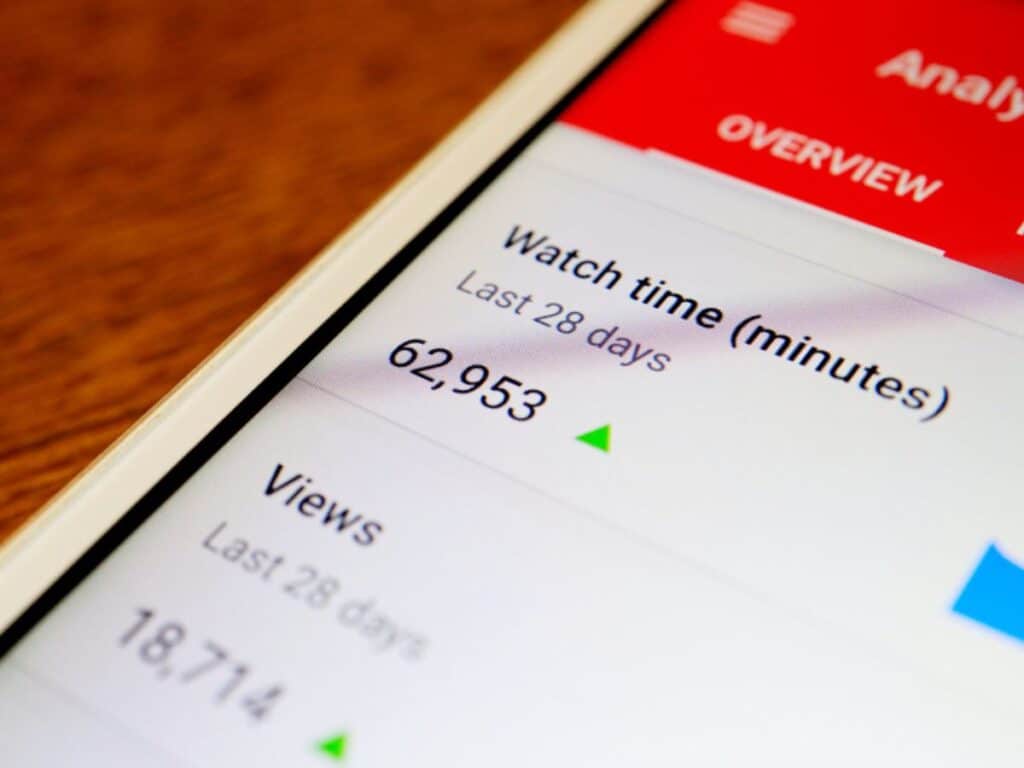
Before you can decide how you should use YouTube automation to streamline your channel, you should analyze your channel to identify areas that can be improved.
The first way to do this is with YouTube Studio. The Analytics tab will show you statistics about your subscriber count, number of views, trends, and viewer engagement. However, it has a two-day delay on most information, which isn’t helpful.
If you want better analytics, you have plenty of options. Some of the most popular options are Unmetric, Vidooly, and TubeBuddy. These provide far more comprehensive analytics than YouTube Studio but are not free.
Whichever tool you use, you should be able to determine where your channel can improve and identify ways to do so. You can then set specific goals for your automation processes to achieve.
Step 2: Content Planning And Scheduling
Your content strategy isn’t something you can automate entirely. A massive part of it depends on determining what content you should deliver. However, using the metrics you got from Step 1, you should have an idea of the type of content people want more of, then you can build your strategy around that.
The analytics should also tell you what type of audience your content resonates with. That’s your target audience, and you should plan your content to cater to that audience and their preferences. It will also show you the days and times your target audience will most likely see your videos and engage with your content.
You can use this information to start planning your content. Tools such as ChatGPT and TubeBuddy can be valuable in compiling scripts, brainstorming topics, and generating video titles and tags. Of course, you should still review the content to ensure it is correct and appropriate, but this will considerably simplify your life.
Lastly, you can use the information from TubeBuddy or other analytics tools to schedule the content to be published at the appropriate time. This should also give you an idea of when to start producing it.
Step 3: Video Editing Automation
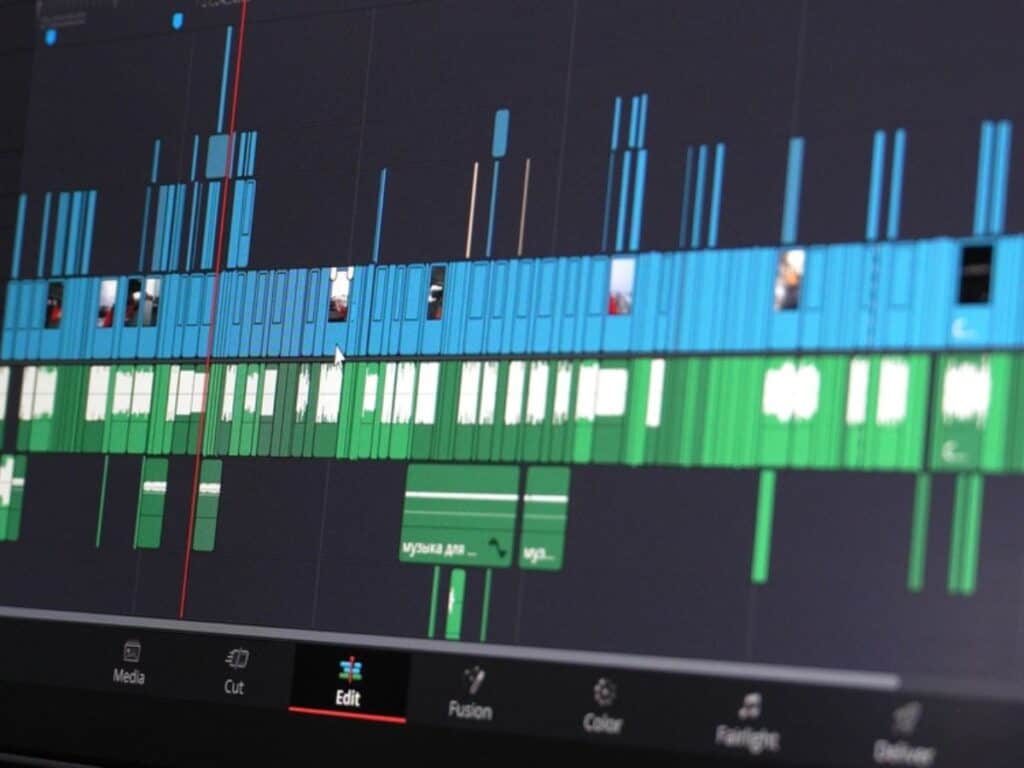
Some tools can help you generate video content, but it’s usually better to still do that manually. However, you can use many options to automate significant parts of the editing process.
If you choose the right video editing software, it can help you to automate many repetitive tasks. For example, Kapwing’s AI video editor automatically detects scenes from raw footage and cuts them with impressive results.
Adobe’s Premiere Pro also includes similar tools that can eliminate many repetitive processes in video editing, including auto transcriptions and automatic tone mapping.
These tools will help you streamline the editing workflow, and many even include templates and graphics that you can use in your videos, saving you time (and possibly money) trying to find proprietary content elsewhere.
Step 4: Thumbnail And Title Optimization
Your video’s thumbnail and title are vital to getting new viewers to watch your content. It’s the first point of contact that potential subscribers have with you and your channel. Many YouTubers have spent hours or days trying to find out what kind of title or thumbnail will get the best results, and it turns out that much of it depends on the audience you’re targeting.
Of course, YouTube Studio allows you to generate a thumbnail automatically, but that’s just a clip from the video, and the chances of it drawing lots of attention are slim. A freelance graphic designer can create it, or you can use an automated tool. Tools like Simplified and Robolly can generate thumbnails based on the text prompts you provide.
These tools will also let you customize the thumbnails based on several available templates.
There are also vital best practices to consider when creating a title for your video. Aspects such as length, keywords, and avoiding clickbait are often the difference between a successful and unsuccessful video. Tools like VidIQ can help you develop brilliant titles within the confines of the best practices.
Step 5: Automated Publishing And Promotion

Publishing your YouTube video can be automated directly from within YouTube Studio. You can upload a video and schedule the date and time for publication based on the audience statistics you gathered earlier.
But once it’s published, promoting your video to get as many views as possible is a good idea. How you do this depends on various factors, such as your target audience and the type of content you publish.
To some extent, Google will promote your content automatically based on its algorithm, but you can optimize this with automated SEO tools like TubeBuddy. If you have a mailing list, you can also automate the process of notifying the list of any new videos through a service like AWeber.
There are also ways to automatically synchronize your other social media platforms with YouTube so you can promote new content that way, too.
Step 6: Engaging With Your Audience
Audience engagement is time-consuming, but it’s essential to channel growth. However, some people take engagement automation tools to an unethical level, using bots to generate fake views and comments to boost their performance on YouTube’s algorithm. This is dangerous and could negatively affect your channel.
But there are some great ways to automate channel engagement to some extent. Tools like Inbranded Workflow can help automate aspects like comment moderation, replies (to a limited extent), and responding to feedback.
Utilizing a chatbot for your YouTube live streams is also a good idea. StreamElements offers an excellent and proven chatbot for such purposes.
However, as with content creation, you should remember that a response from a real human being is often preferable to an automated response. Your viewers must always feel that you are a real person.
Step 7: Analytics And Performance Tracking
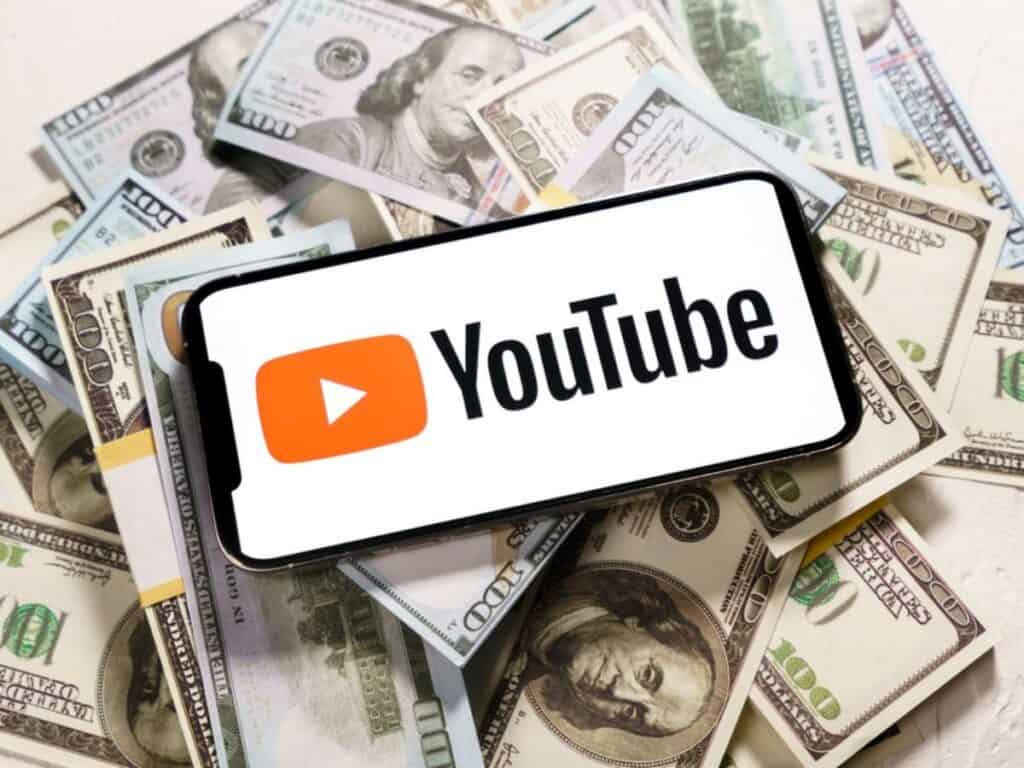
We already mentioned how analytics and tracking tools can help you improve your channel’s performance and streamline your YouTube automation efforts. However, this should never be a once-off effort. You should consistently measure the analytics to identify what’s working and what isn’t.
You can use tools like TubeBuddy or Unmetric to help you with the analysis. These automated tools don’t just show you results, but they also offer helpful suggestions for improving the channel’s performance.
Things are constantly changing on YouTube. Viewer numbers will increase or decrease based on trends and the YouTube algorithm. That’s why you should always look for ways to improve your content strategy to fill those gaps; automation tools can help you accomplish that.
Step 8: Optimizing SEO With Automation
Search Engine Optimization (SEO) isn’t just for websites anymore. They can be just as helpful in getting your videos discovered on YouTube and various search engines. Because search engine algorithms change and update regularly, staying on top of the best SEO techniques is nearly impossible, especially for a busy content creator.
That’s where automation comes in.
The first step is to research keyword performance, which could help you determine everything from your video’s content and script to the title and metadata. You can use Google Ads’ keyword planner tool, but another excellent option is simply called Keyword Tool. It has a tab to select YouTube specifically, and it lets you quickly analyze the performance of keywords.
Metadata is also essential as it affects the video suggestion algorithm. A YouTube video’s metadata includes its title, description, tags, and thumbnail. You should optimize these according to keywords as much as possible, as long as it remains relevant to the actual video content. All of these can be automated to some extent using tools like TubeBuddy.
However, you should always use SEO best practices like staying relevant to the content and not spamming keywords, and the most reputable SEO tools will be able to help you automate most of these ethical SEO approaches.
Step 9: Collaborations And Partnerships

Collaborations and partnerships are great ways to get more visitors to your channel and earn an income from paid sponsorships. But finding YouTubers to collaborate with and reaching out to them can be challenging.
This is not something that can be fully automated, but you can use tools like TubeBuddy and VidIO to identify other channels that are doing well within your chosen industry. You can then configure a system like AWeber to reach out to these channels and see if there’s a possibility to collaborate or partner with them on a future project.
You can also configure some of the engagement management tools to look out for comments or notifications requesting partnerships or collaborations from people reaching out to you and to notify you of any such messages that you receive since it’s easy for them to get lost in the hundreds or thousands of notifications from your channel subscribers.
Step 10: Continuous Improvement And Adaptation
You should never accept that your automation is perfect and won’t need to be adjusted. As people’s interests or algorithms change, you must adapt your automation strategy to use these tools and maintain your channel’s growth.
This includes constantly monitoring your analytics, reading up about changes to the YouTube algorithm, and incorporating user feedback. If you keep your eyes on these three aspects and consistently adjust your strategies accordingly, YouTube automation can save you hours and help your channel grow.
Conclusion
YouTube automation can help you build a successful YouTube channel while taking up a fraction of the time it usually would, thus improving the channel’s ROI and ensuring you won’t suffer from content creator burnout.
It’s not overly complicated, either. Study these steps and implement them in the way that works best for you and your channel, and you will soon have more viewers than you ever thought possible and still have the time to enjoy the success that comes with it.
DID YOU FIND THIS INFORMATION HELPFUL? Share the love on social.
Follow us on Pinterest & Instagram!
ANY OTHER BUSINESS ADVICE WE CAN WRITE ABOUT?
Let us know, email us at: Advice@TheBestBusinessAdvice.com
PIN THIS FOR LATER…

